Visions (AKA - It's a new year).
Since about 2010, I’ve spent at least some of the Xmas / New Year period each year taking stock of the previous 12 months, and looking towards the next 12 months.
Some years this process is effortless and seems to just happen by itself. Other years it takes a bit of grinding. In all cases, I find it truly worthwhile. I thought I might write a couple of blogs that touch on a few strategies and processes I use that I find really valuable.
First is a vision realisation exercise I learned from my long time mentor, Peter Cook.
Before I get to that, though, I guess it’s reasonable to ask the question “Why bother?”.
You see, humans are truly excellent at doing the bare minimum. It’s an evolutionary imperative. Back in the caveman days, we would find strategies to survive, and then stick to them. Varying from the proven strategies increased your chances of dying, and therefore those individuals stupid enough to try new things selected themselves out of existence. We are the descendants of those individuals who were quite happy staying where they were and doing what they were doing, thank you very much. We will do almost anything, so long as it’s what we’re already doing.
People willingly support Collingwood, for example. Surely no-one would choose that for themselves! 🤣
Behavioural scientist Dan Ariely and his team did a study of a number of European countries’ organ donation adoption rates, and found something startling. Countries which assume that you don’t consent to organ donation but allow you to opt-in, have organ donation rates in the range of 5-25%, with some variance due to cultural influences and whatnot. Those which assume you do consent, and allow you to opt-out, have donation rates ranging from 85-99.9%, with the majority up near 98 or 99%.
I find it absolutely mid-boggling. We’re talking about something as important as whether or not to save lives with your organs when you die, and the factor with by far the most influence on your ‘decision’ is not cultural, religious, ethical, or anything else… it’s whether the consent box is pre-ticked for you or not.
Humans will, in most cases most of the time, keep doing whatever they’re doing. Maintain the status quo. Avoid difficult decisions. Resist change.
That’s fine, it helped your hunter-gathering ancestors survive millenia ago. But will you continue to behave that way now? And will that make you happy? I don’t think so. I think we’re all capable of imagining a brighter future for ourselves, and we’re all capable of feeling disappointed when we don’t live into it.
I don't want to continue to live exactly the way I always have, just because it's become my status quo. I want to actively choose what my future will bring.
So I love this exercise Pete taught me. It helps me identify what changes I want to make in my life, and helps me develop strategies to achieve those changes. It’s quick and simple, and I do it every year in January. (I also force myself not to look back at the previous years’ efforts until I’ve completed my new one. The act of comparing them afterwards is both fun and enlightening).

